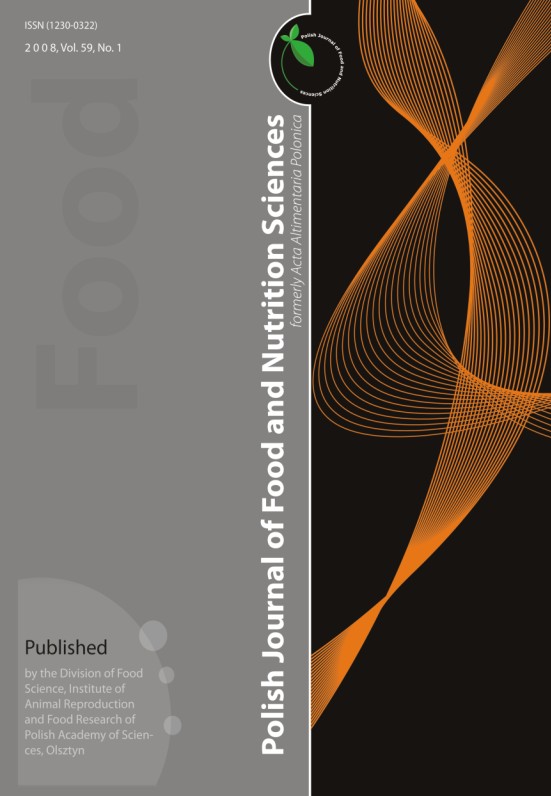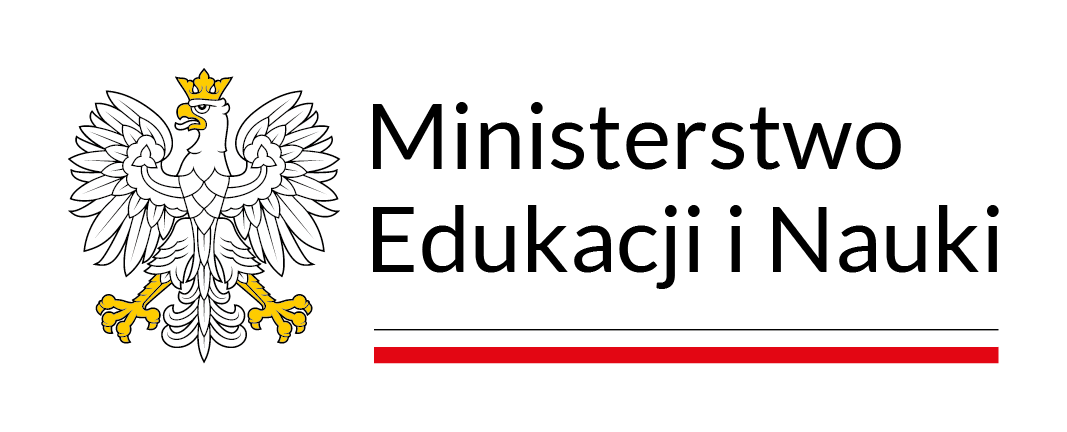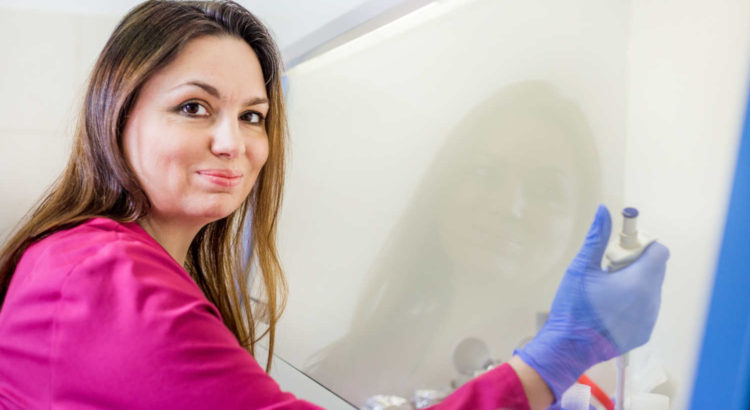Stanowisko: specjalista
Miejsce pracy: Zespół Biologii Gamet i Zarodka
Wymiar etatu: pełny etat
Przewidywana data rozpoczęcia pracy: 1 luty 2023 r.
Oczekiwania:
Od kandydatka/ki będzie oczekiwało się prowadzenia następujących analiz laboratoryjnych:
- ekstrakcja RNA z różnych tkanek i osocza krwi;
- odwrotna transkrypcja;
- real-time qPCR;
- PCR;
- izolacja białek i elektroforeza żelowa;
- analizy metodą ELISA;
- cytometria przepływowa;
- przygotowywanie buforów/odczynników.
Ponadto, od kandydata oczekuje się wsparcia w prowadzeniu badań naukowych w zakresie:
- zamawiania materiałów/odczynników;
- przygotowywanie dokumentacji przetargowej;
- prowadzenie wewnętrznej dokumentacji księgowej;
- zapewnienie dostępności odczynników i buforów oraz prawidłowego funkcjonowania aparatury;
- gotowość do wyjazdów w ramach doświadczeń terenowych;
- kontakt z administracją Instytutu, przygotowywanie pism formalnych i innej dokumentacji.
Wymagania kwalifikacyjne:
- ukończone studia na kierunku: biologia / biotechnologia / weterynaria / nauka o zwierzętach / technologia żywności / pokrewne;
- co najmniej 2 lata doświadczenia w pracy laboratoryjnej;
- biegłość w przeprowadzaniu analiz laboratoryjnych (przynajmniej 2 z wyżej wymienionych pozycji);
- znajomość języka angielskiego na poziomie umożliwiającym swobodną komunikację;
- bardzo dobre umiejętności organizacyjne i komunikacyjne;
- wysoka dokładność i sumienność w wykonywaniu obowiązków;
- silna motywacja do pracy i podnoszenia kwalifikacji;
- samodzielność, umiejętność pracy w zespole i organizacji własnego miejsca pracy;
- umiejętność obsługi komputera (pakiet MS Office).
Perspektywy:
- praca w młodym, dynamicznie rozwijającym się zespole naukowym, otwartym na innowacyjne pomysły;
- możliwość podnoszenia kwalifikacji zawodowych w zakresie technik analitycznych z pełnym wsparciem merytorycznym;
- możliwość zaangażowania w projekty badawcze z dodatkowym wynagrodzeniem;
- praca zarówno biurowa, w laboratorium, jak i w terenie, nastawiona na osiągnięcie ambitnych rezultatów;
- ewaluacja osiągnięć na cyklicznych zebraniach zespołowych, w atmosferze ukierunkowanej na wsparcie.
Wymagane dokumenty:
- list motywacyjny;
- CV zawierające wszystkie osiągnięcia niezbędne (np. wykaz metod) do oceny kwalifikacji;
- inne dokumenty, które w ocenie kandydata mogą okazać się istotne dla rozpatrzenia jego kandydatury.
Zgłoszenia na konkurs należy przesłać na adres e-mail: j.papurzynska@pan.olsztyn.pl lub na adres (liczy się data stempla pocztowego):
Instytut Rozrodu Zwierząt Badań Żywności PAN
Dział Kadr
ul. Tuwima 10
10-748 Olsztyn
Termin składania dokumentów upływa w dniu 27.01.2022 r.
W CV prosimy o umieszczenie klauzuli zgody na przetwarzanie danych osobowych w procesie rekrutacji:
„Wyrażam zgodę na przetwarzanie moich danych osobowych zawartych w dokumentach aplikacyjnych przez Instytut Rozrodu Zwierząt i Badań Żywności PAN w Olsztynie z siedzibą 10-748 Olsztyn ul. Tuwima 10, w celu realizacji procesu rekrutacji wraz z publikacją na stronie internetowej Instytutu pełnych wyników konkursu”.
Klauzula informacyjna:
- Administratorem danych osobowych przetwarzanych w ramach procesu rekrutacji jest Instytut Rozrodu Zwierząt i Badań Żywności PAN w Olsztynie z siedzibą 10-748 Olsztyn ul. Tuwima 10, tel. 89 523 46 86,
e-mail: instytut@pan.olsztyn.pl. - Kontakt z inspektorem ochrony danych osobowych jest możliwy pod w/w adresem.
- Podane dane osobowe przetwarzane będą w celu realizacji obecnego procesu rekrutacji i przechowywane do czasu jego zakończenia na podstawie wyrażonej zgody (zgodnie z art. 6 ust. 1 lit. a RODO).
- Osobie której dane dotyczą przysługuje prawo do cofnięcia zgody w dowolnym momencie bez wpływu na zgodność z prawem przetwarzania, którego dokonano na podstawie zgody przed jej cofnięciem.
- Osobie, której dane dotyczą przysługuje prawo dostępu do swoich danych osobowych, żądania ich sprostowania lub usunięcia. Wniesienie żądania usunięcia danych jest równoznaczne z rezygnacją z udziału w procesie niniejszej rekrutacji. Ponadto przysługuje jej prawo do żądania ograniczenia przetwarzania w przypadkach określonych w art. 18 RODO.
- Osobie, której dane dotyczą, przysługuje prawo do wniesienia skargi do prezesa Urzędu Ochrony Danych Osobowych na niezgodne z prawem przetwarzanie jej danych osobowych. Organ ten będzie właściwy do rozpatrzenia skargi z tym, że prawo wniesienia skargi dotyczy wyłącznie zgodności z prawem przetwarzania danych osobowych, nie dotyczy zaś przebiegu rekrutacji.
- Dane udostępnione nie będą podlegały profilowaniu ani udostępnieniu podmiotom czy państwom trzecim. Odbiorcami danych mogą być instytucje upoważnione z mocy prawa.
- Podanie danych zawartych w dokumentach rekrutacyjnych nie jest obowiązkowe, jednak jest warunkiem koniecznym do udziału w procesie rekrutacji.







